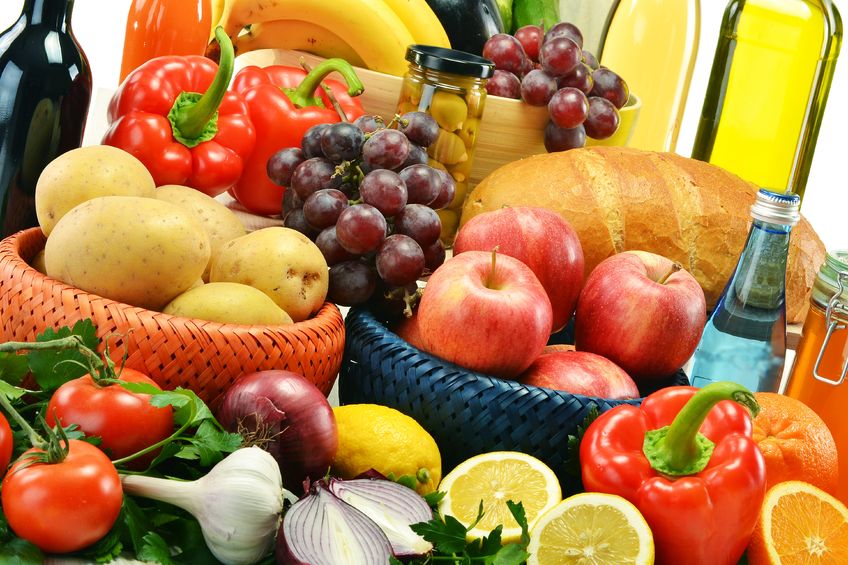
While many people turn to medication to solve insomnia woes, improving your diet can lead to deeper, refreshing sleep every night. To get started on this long-term solution, consider what your sleep problems are. Here’s what nutrients Live Science says you could need:
Trouble getting to sleep? You may need more magnesium. Magnesium is a mineral that plays an important role in the bodily function that regulates sleep. One of the symptoms of magnesium deficiency is insomnia. Sound familiar? Try adding more dark leafy greens, pumpkin seeds, sesame seeds, beans, and Brazil nuts to your diet.
Trouble staying asleep? Potassium could be your problem solver. Although you can turn toward potassium supplements, you can incorporate more potassium rich foods into your diet. Add more bananas, baked potatoes, leafy greens and avocados to your menu.
Tired during the day? Feed your body more Vitamin D. The sun’s rays are the beneficial way to get vitamin D but climate and cancer concerns make it unavailable for some people. Foods like salmon, swordfish, tuna and fortified foods contain vitamin D, but not in largely sufficient amounts. It’s suggested that you try a vitamin D supplement.
Other noteworthy vitamins, minerals and nutrients you need include, selenium, vitamin C and carbohydrates. Here’s where you can find them according to Health Magazine:
Lycopene: Papaya, watermelon, grapefruit and tomatoes
Selenium: Tuna, cod, halibut, shellfish, barley, nuts and turkey
Vitamin C: Pineapple, papaya, strawberries, citrus fruits, broccoli, bell peppers and kale
Carbohydrates: Rice, cereal, bread, potatoes and other easily-digested carbs.
Eating a poor diet is almost a sure way to consistently get poor sleep. Take care of your body with a healthy diet, proper exercise and 7-9 hours of high-quality sleep to make each day better than the next!

No comments yet.